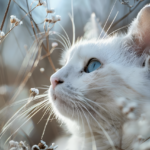Have you ever caught yourself giggling at your cat’s latest silly antic, only to wonder if your furry friend noticed? It’s a universal truth—cats have a knack for getting themselves into the most hilarious situations. Their fluffy tails get stuck in boxes, they leap dramatically at invisible enemies, and sometimes they just make the funniest faces for no reason at all. But here’s the twist: could your laughter actually affect your cat? Is it possible that our good-natured chuckling might have an impact—positive, negative, or just plain weird—on the feline psyche? Let’s pull back the curtain on what really happens if you laugh at your cat too often.
Cats Are More Perceptive Than You Think

It’s easy to assume that cats are aloof and indifferent to our emotions, but the truth is they’re surprisingly perceptive. Cats often pick up subtle changes in our tone, body language, and facial expressions. When you laugh, your cat might not understand the joke, but they sense the shift in your mood and energy. Some cats respond with curiosity, tilting their heads or following your eyes, while others might become cautious or even a little confused. The bond you have with your cat can shape how they react to your laughter, making each cat’s response unique and personal.
The Impact of Laughter on Feline Confidence

Confidence in cats is a delicate thing. Some cats strut through life with the swagger of a lion, while others are more timid. If you laugh at your cat every time they make a mistake or do something silly, you could unintentionally chip away at their confidence. Cats may start to associate your laughter with feeling embarrassed or exposed, especially if it’s accompanied by pointing or exaggerated reactions. Over time, a shy cat might retreat or avoid certain behaviors, while a bolder cat might ignore you altogether. It’s a bit like laughing at a child learning to walk—too much and they might start to hesitate.
Do Cats Feel Embarrassment?
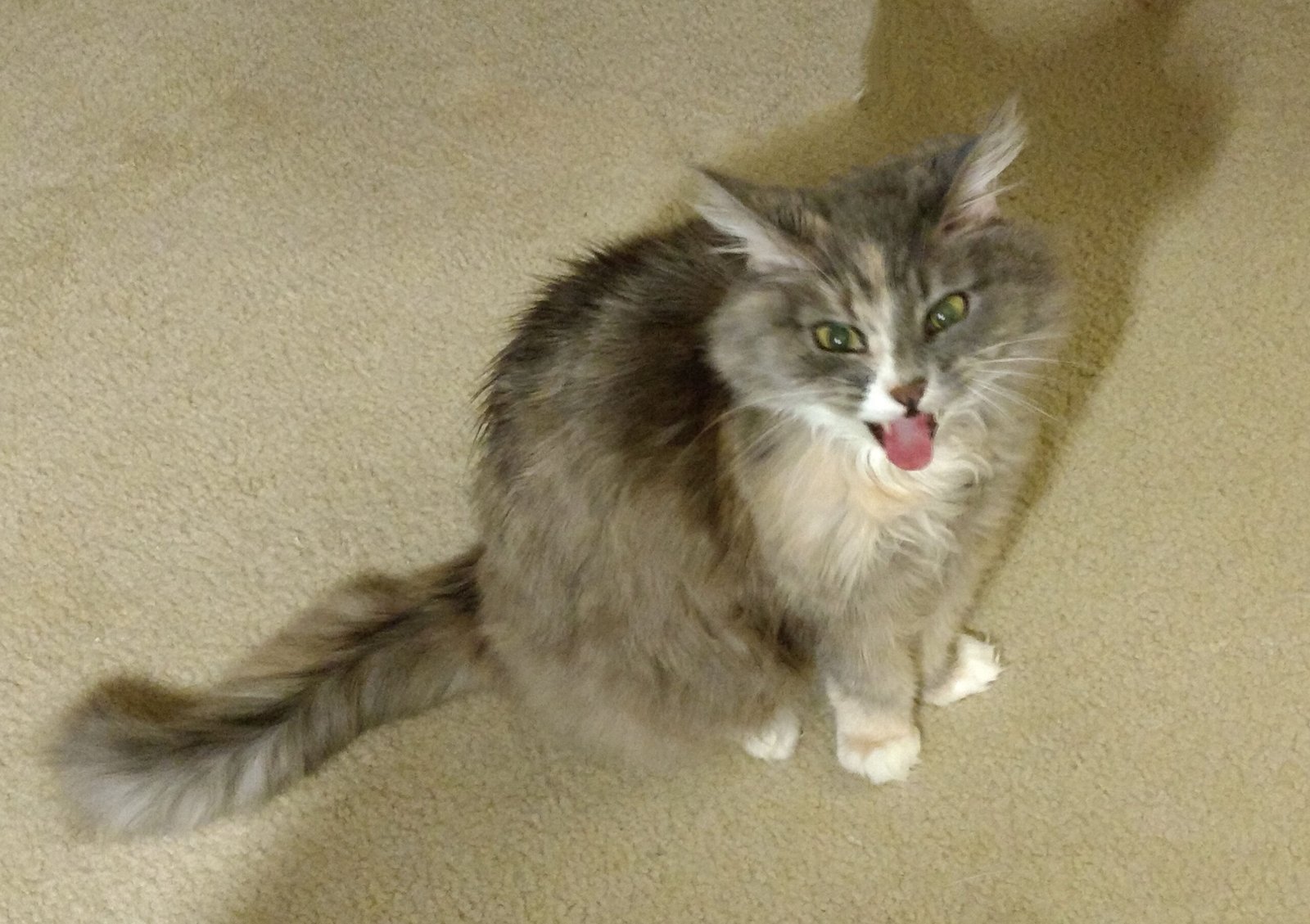
The million-dollar question: can cats get embarrassed? While cats don’t process emotions exactly as humans do, many cat owners swear they’ve seen their feline friends display signs of embarrassment. Think about the classic scenario: your cat attempts a daring jump, misses, and then quickly starts grooming themselves as if nothing happened. This “I meant to do that” attitude is a classic feline cover-up. Repeated laughter from you may reinforce their sense of awkwardness, leading your cat to hide or act differently after a mishap. It’s not true embarrassment in the human sense, but it’s definitely something close.
Laughter as a Social Signal

In the animal world, laughter is a social cue. Dogs, for example, recognize laughter as a sign of playfulness or happiness. Cats are more mysterious, but they do notice when your mood shifts. If you laugh often, your cat might learn that it’s a safe and positive sound, or, if your laughter is loud and sudden, they might find it alarming. Cats are masters at reading the room, and repeated laughter can create a pattern they’ll either embrace or avoid. Over time, your cat might even associate certain behaviors with your laughter and choose to repeat or stop them.
Building Trust or Creating Distance?
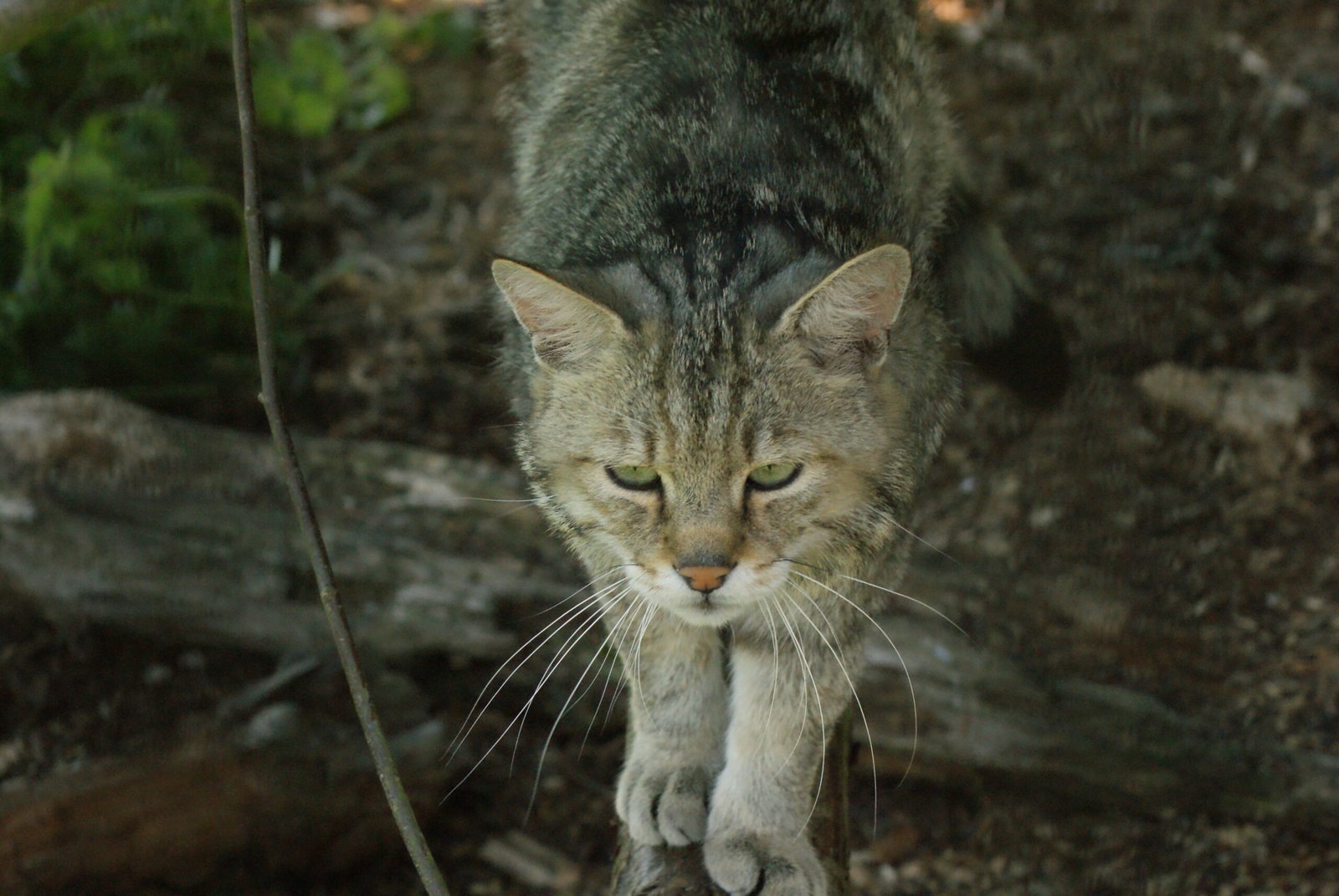
Trust is the cornerstone of any relationship with a cat. If your laughter feels gentle and friendly, it can actually strengthen your bond. Your cat may come to see you as a source of positive energy, leading to more affectionate behavior. On the other hand, if your laughter feels mocking or is paired with teasing, your cat might start to keep their distance. Cats remember both kindness and slights, and too much laughter at their expense could tip the scales. It’s a fine line—think of it as the difference between laughing with someone and laughing at them.
Physical Reactions to Loud Laughter

Not all cats react the same way to noise. Some are unbothered by a home full of laughter and music, while others are easily startled. If your laughter is loud or sudden, your cat may jump, flatten their ears, or dash under the nearest piece of furniture. Over time, repeated loud laughter can make sensitive cats more anxious or skittish in your presence. It’s a bit like living with a jump-scare movie on repeat—eventually, even the bravest soul starts to flinch. Watching your cat’s body language can help you gauge their comfort level.
Can Laughter Encourage Mischief?

Cats are clever creatures, always watching and learning from us. If your laughter tends to follow certain behaviors—like knocking things off shelves or chasing their own tail—your cat might start to connect the dots. Some cats will repeat behaviors that get a big reaction, including laughter, just to see what happens. It’s a little like a child learning that silly faces earn them giggles and attention. If you find your cat repeating the same antics, you might have unwittingly trained them to be even more mischievous!
Effects on Shy and Nervous Cats
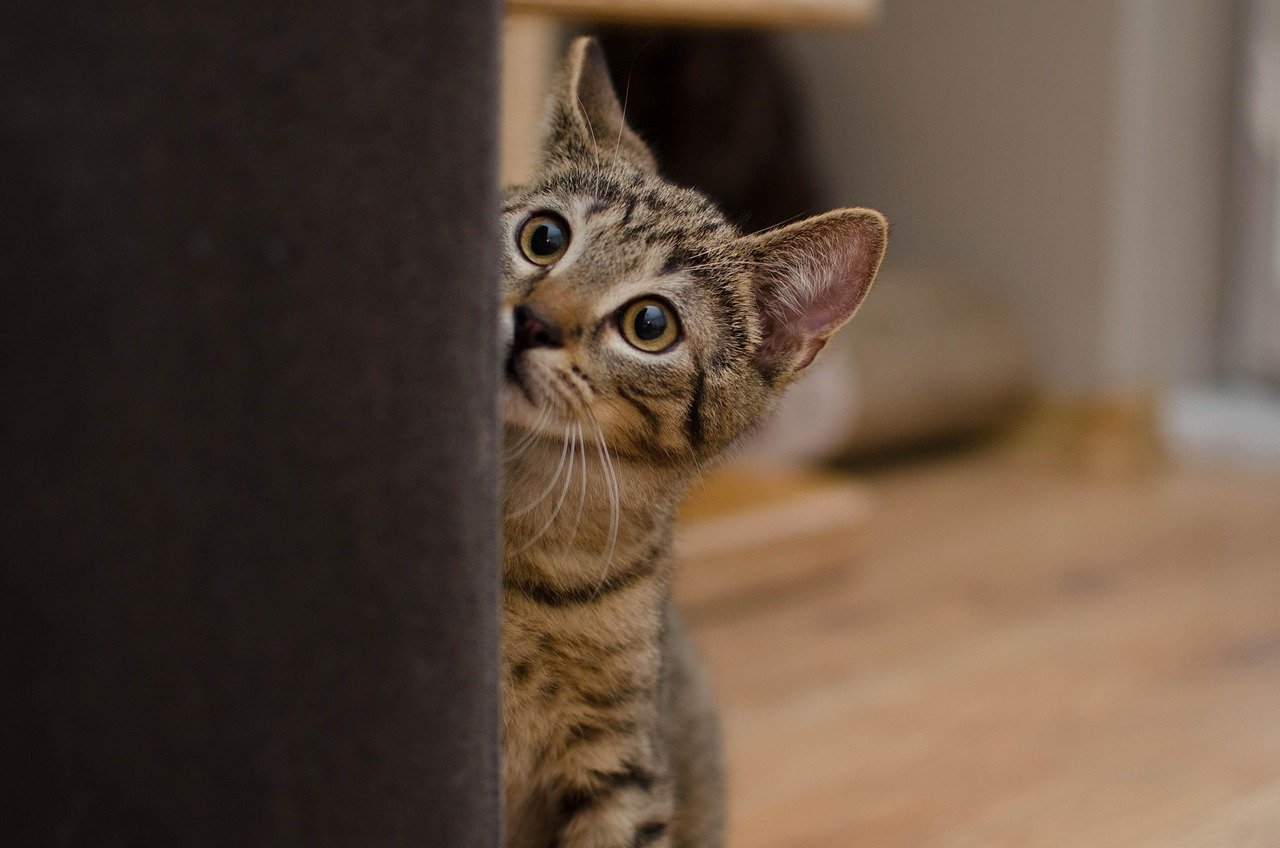
While confident cats might shrug off your laughter, shy or nervous cats could interpret it as a threat or disapproval. These cats are often more sensitive to changes in their environment and the moods of their humans. Too much laughter, especially if it follows a mistake or a clumsy moment, could make a timid cat even more withdrawn. They might start hiding more often or avoiding activities that previously brought them joy. For these cats, gentle encouragement and calm reactions are far more comforting than peals of laughter.
When Laughter Strengthens Your Bond
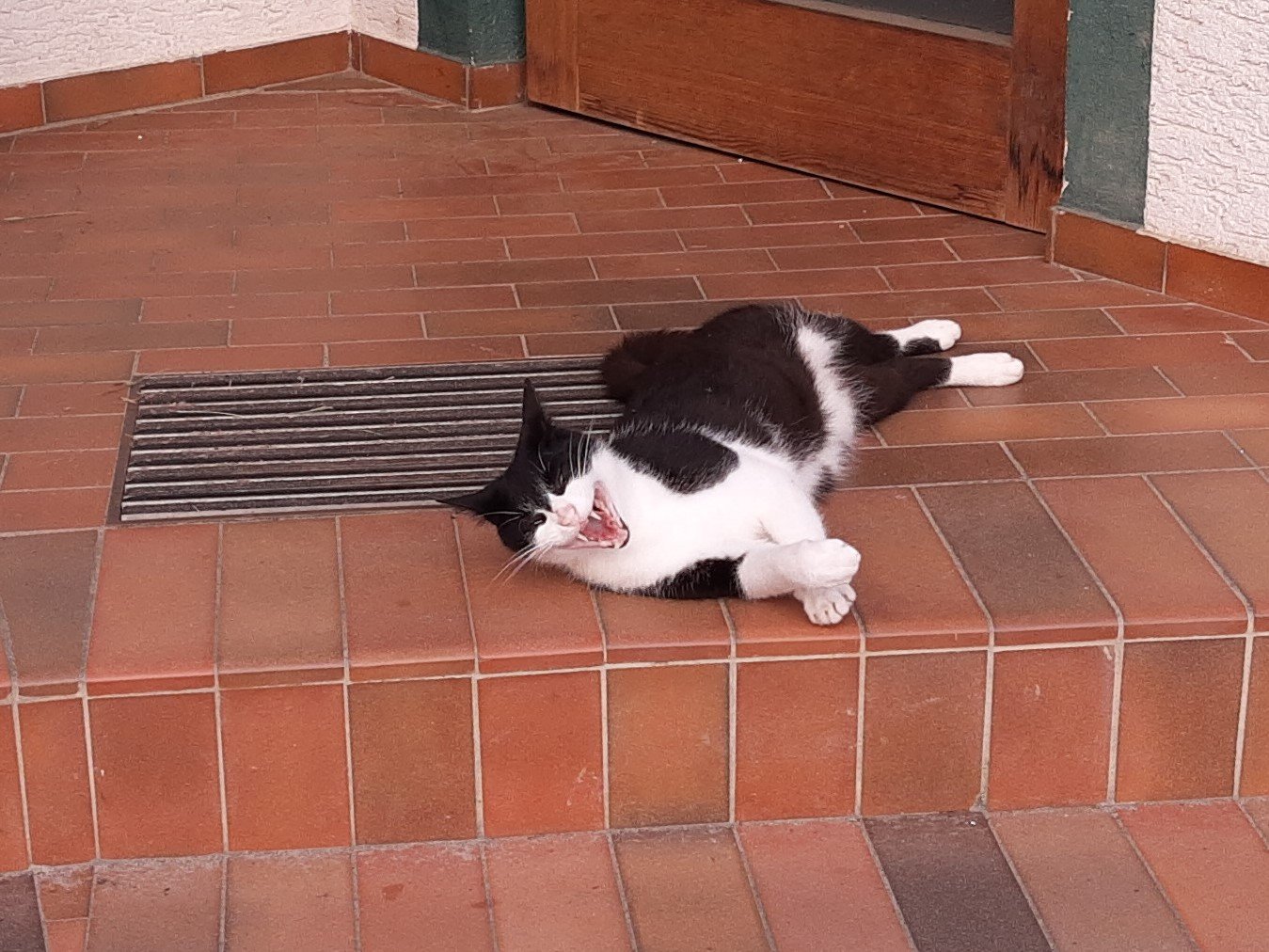
On the flip side, laughter can be an incredible bonding tool. If your cat associates your laughter with playtime, gentle petting, or treats, it becomes a cue for positive interaction. Many cats grow to love the happy energy that laughter brings into the home, even joining in with their own antics to keep the fun going. For some cats, laughter is the soundtrack of a safe, loving environment. Just as we’re drawn to people who make us laugh, cats can be drawn to the warmth and happiness our laughter creates.
Understanding Cat Body Language
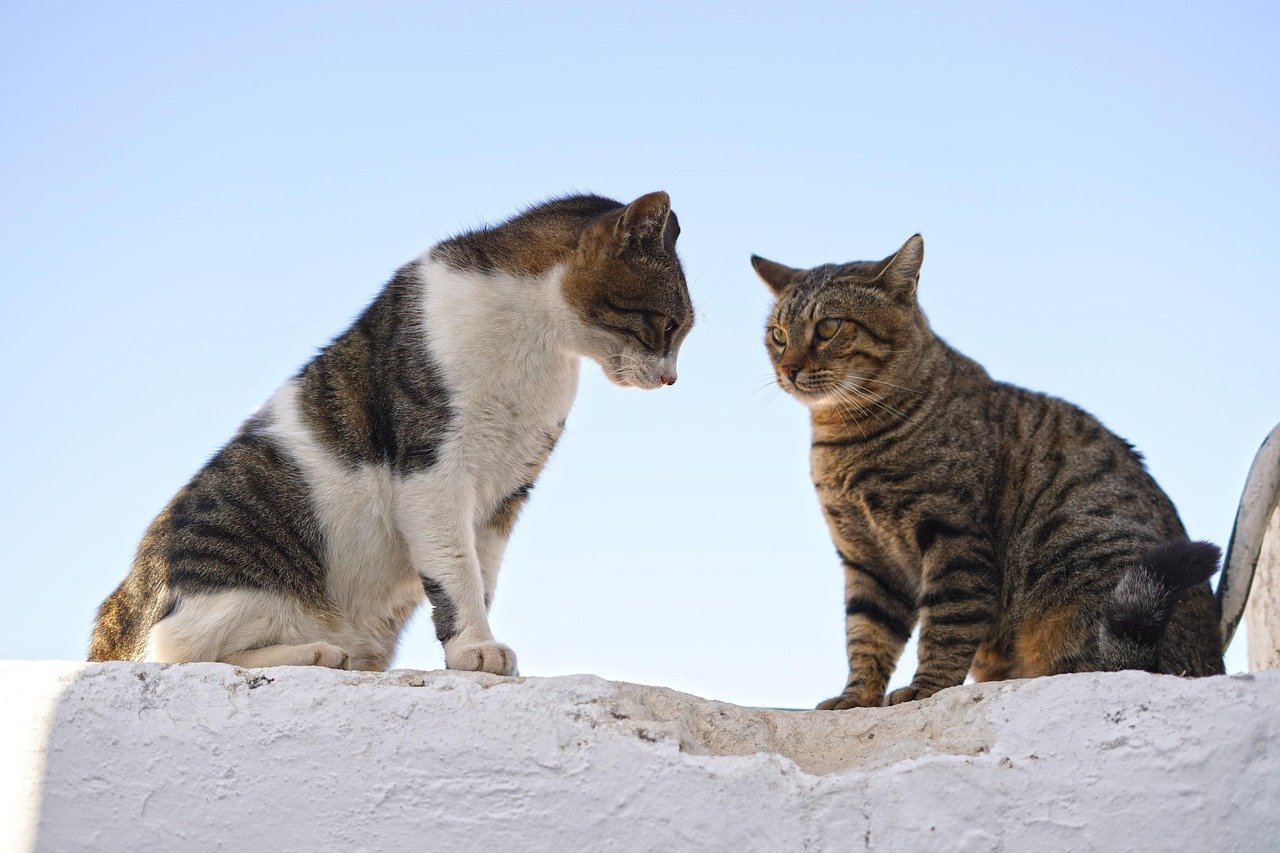
To really know how your laughter is affecting your cat, keep an eye on their body language. A relaxed tail, slow blinks, and an upright posture usually mean your cat is content and unfazed. Ears back, a twitching tail, or suddenly leaving the room are signs that your cat might not be loving the laughter as much as you are. Cats are subtle communicators, and paying attention to their signals helps you strike the right balance between sharing joy and respecting their boundaries.
The Role of Tone and Context
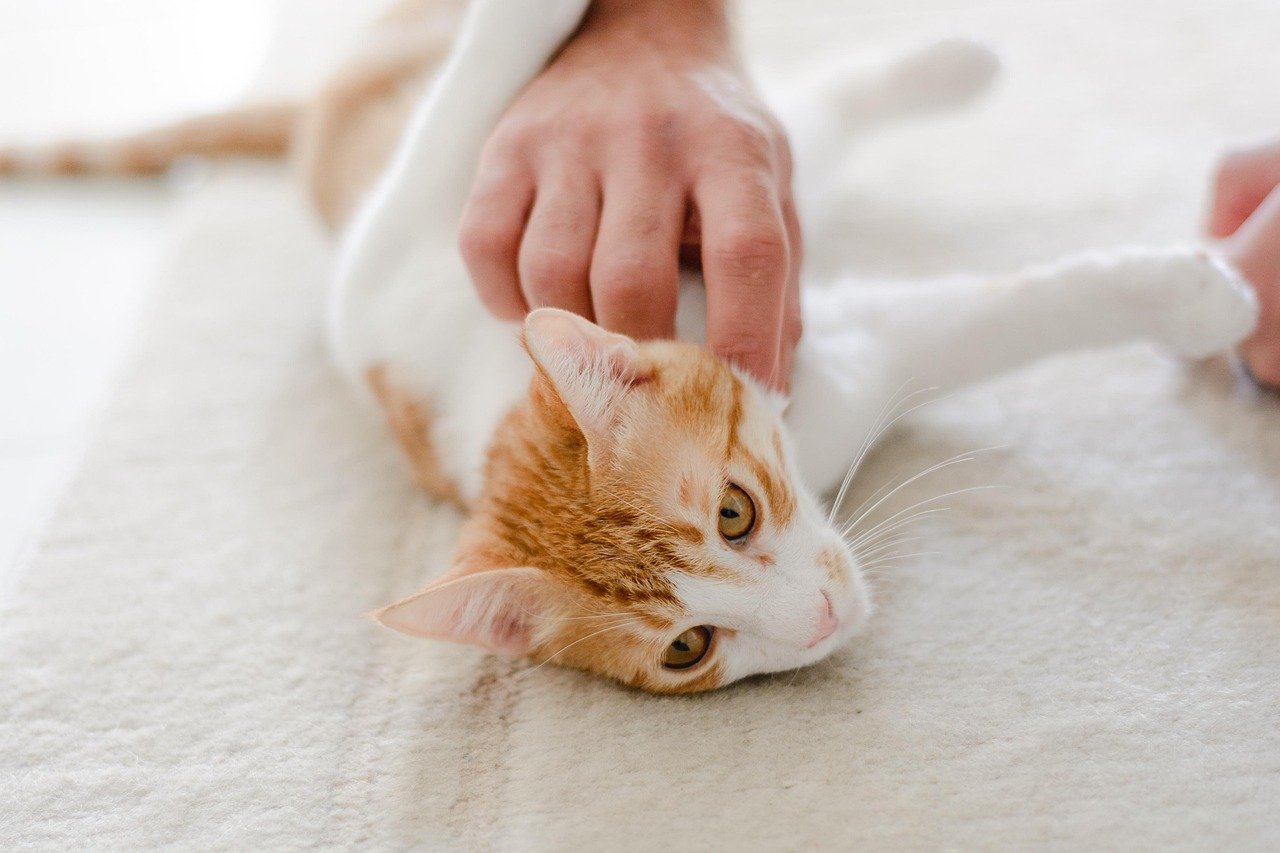
Not all laughter is created equal. The tone, volume, and context of your laughter play a big role in how your cat interprets it. Laughing softly while cuddling is very different from a loud belly laugh after a dramatic spill. Cats are sensitive to the nuances in your voice and can tell the difference between friendly laughter and something that feels harsh or mocking. Being mindful of how and when you laugh around your cat can make all the difference in how they perceive your reactions.
When Laughter Becomes a Habit

If you find yourself laughing at your cat every single day, it can quickly become a routine. For some cats, this is no big deal—they’ll simply go about their business, unbothered by your amusement. For others, it can start to shape their behavior, making them more reserved or, conversely, more eager to perform. Like any habit, it’s worth checking in with yourself to make sure your laughter is bringing you both closer, not creating distance or misunderstanding.
Laughter and Cat Training

Believe it or not, laughter can play a role in training your cat. If your cat gets a positive reaction—like laughter, praise, or treats—after a certain behavior, they may be more likely to repeat it. On the other hand, if your laughter feels negative or comes after a mistake, it could discourage them from trying new things. Using laughter alongside positive reinforcement can help create a playful, encouraging atmosphere that makes training more fun for both of you.
Balancing Fun and Respect

It’s natural to want to laugh at your cat’s adorable quirks and unexpected antics. The key is to balance your enjoyment with respect for your cat’s feelings. Laugh with your cat, not at them. Offer comfort if they seem startled or embarrassed, and make sure your laughter isn’t making them feel uncomfortable or unwelcome. Your cat’s trust is precious, and treating them with kindness ensures your bond stays strong, no matter how many silly moments you share.
Signs Your Cat Is Unbothered

Some cats are true comedians, seemingly unfazed by any amount of laughter or attention. If your cat keeps coming back for more, purrs while you laugh, or even seems to ham it up for your amusement, you’ve got a natural performer on your hands. These cats thrive on the energy of a lively home and are happy to be the center of attention. For them, your laughter is just part of the fun.
When to Tone Down the Laughter

If you notice your cat starting to avoid you, hiding more often, or acting skittish, it might be time to dial back the laughter. Cats who feel overwhelmed or misunderstood by loud or frequent laughter may need a quieter, more reassuring approach. Giving your cat space and using a softer tone can help them feel safe and comfortable again. Remember, every cat is different, and what works for one might be too much for another.
Using Laughter as Positive Reinforcement
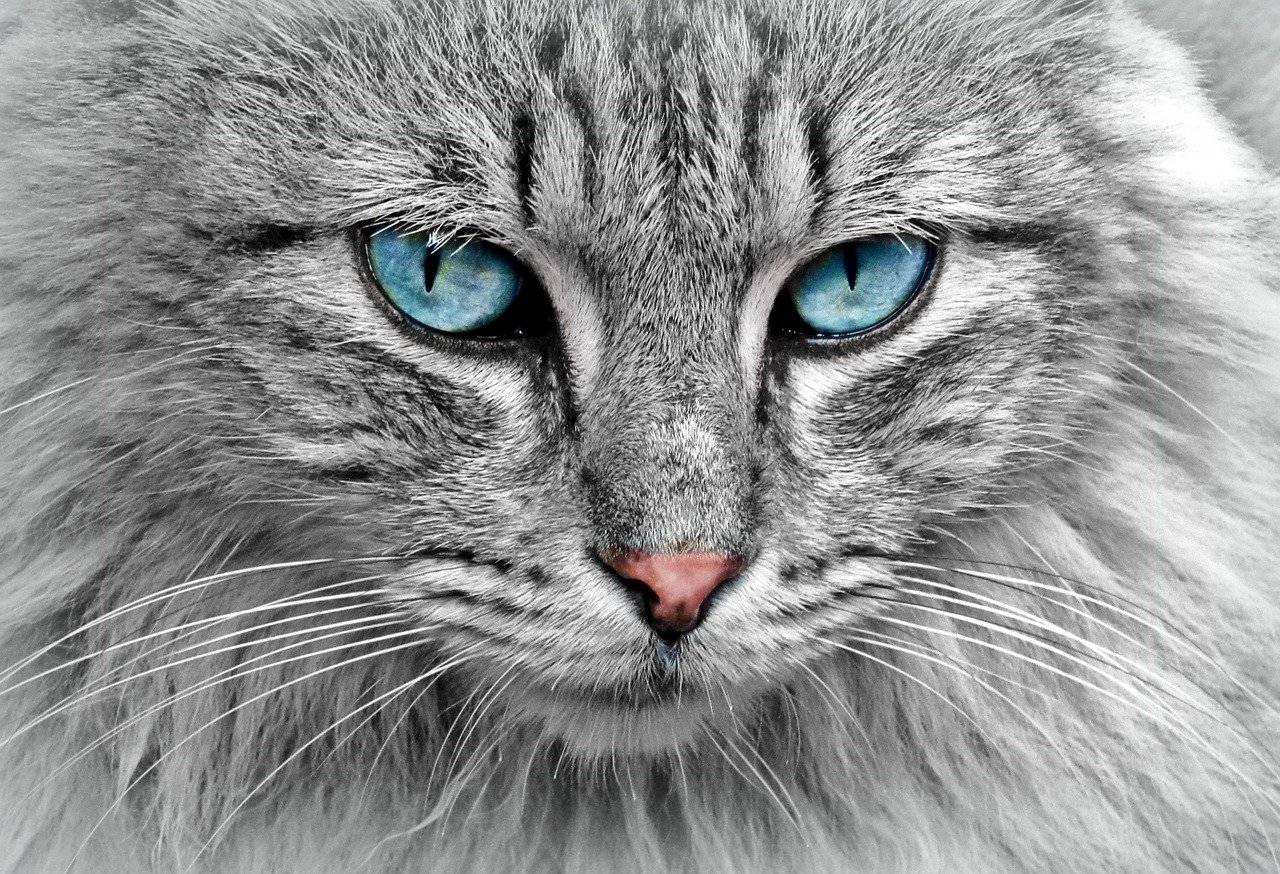
Laughter can be a powerful tool for building positive associations. If your cat associates your laughter with good things—like treats, cuddles, or playtime—they’ll likely view it as a sign of approval. This can encourage your cat to be more playful, adventurous, and affectionate. A happy, laughing home can be a wonderful environment for a confident cat to flourish, as long as the laughter is kind and supportive.
Protecting Sensitive Cats

For cats that are easily startled or anxious, it’s important to create a calm, predictable environment. If you know your cat is sensitive, try to keep your laughter gentle and avoid sudden loud noises. Offer extra reassurance through petting or soft words if your laughter seems to upset them. Over time, your cat may become more comfortable, but always respect their limits and adjust your behavior to suit their needs.
Finding Humor in Everyday Moments
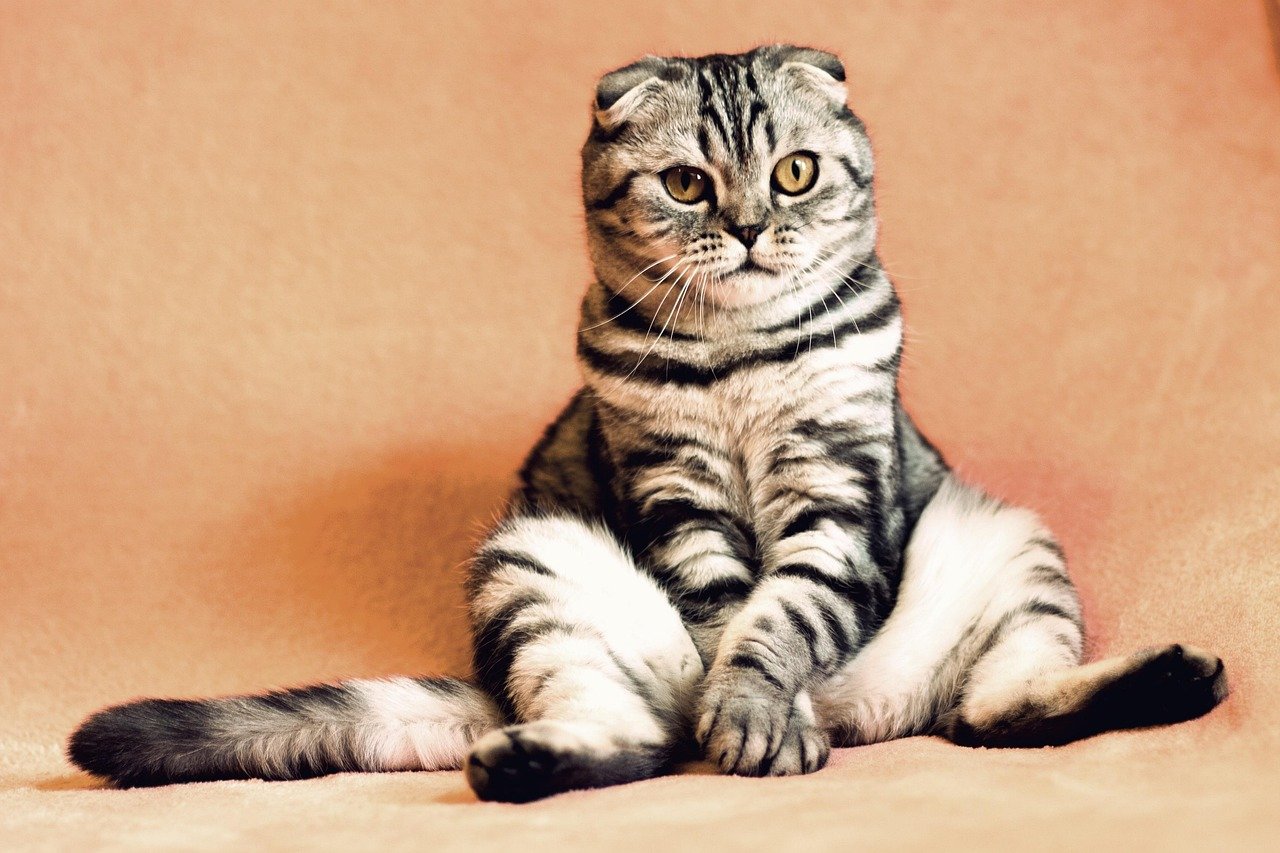
At the end of the day, sharing laughter with your cat is one of the great joys of pet ownership. Cats bring humor into our lives in ways we never expect, turning even the most ordinary day into an adventure. Whether your cat is a graceful acrobat or a clumsy goofball, their unique personalities make every moment special. Savor the laughter, cherish the bond, and always remember to treat your feline friend with the love and respect they deserve.
Hi, I’m Bola, a passionate writer and creative strategist with a knack for crafting compelling content that educates, inspires, and connects. Over the years, I’ve honed my skills across various writing fields, including content creation, copywriting, online course development, and video scriptwriting.
When I’m not at my desk, you’ll find me exploring new ideas, reading books, or brainstorming creative ways to solve challenges. I believe that words have the power to transform, and I’m here to help you leverage that power for success.
Thanks for stopping by, Keep coming to this website to checkout new articles form me. You’d always love it!

